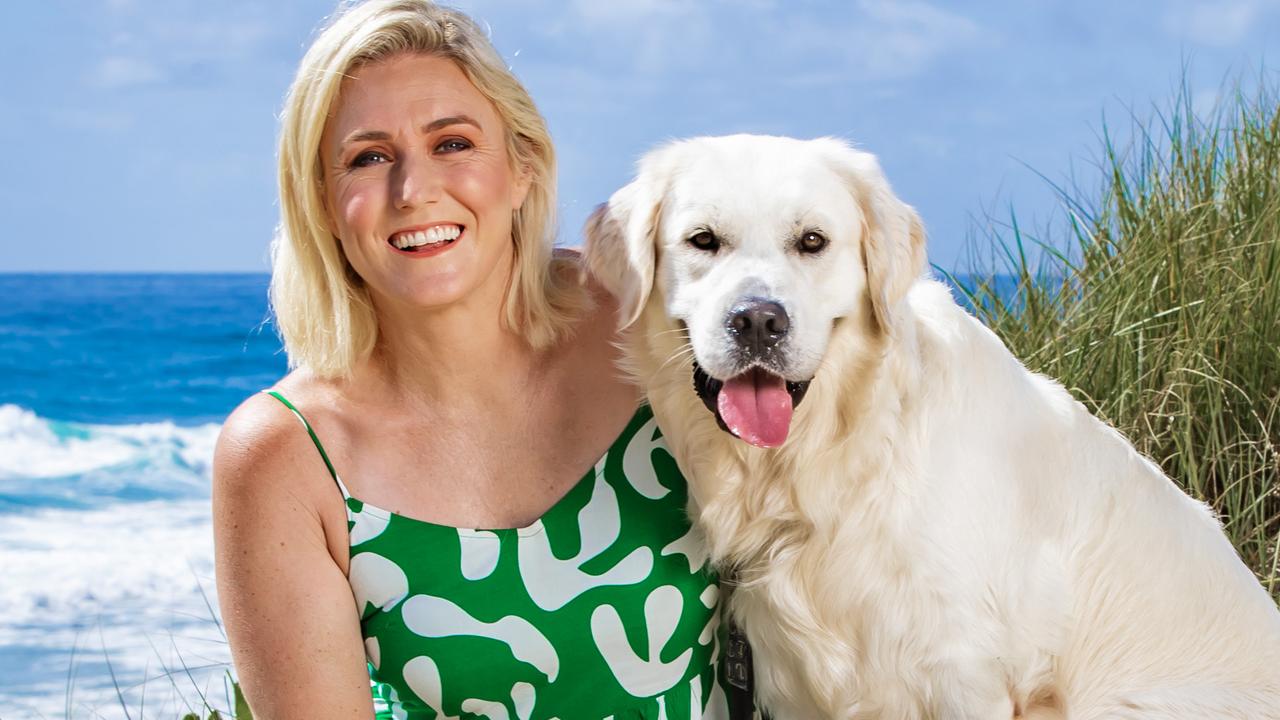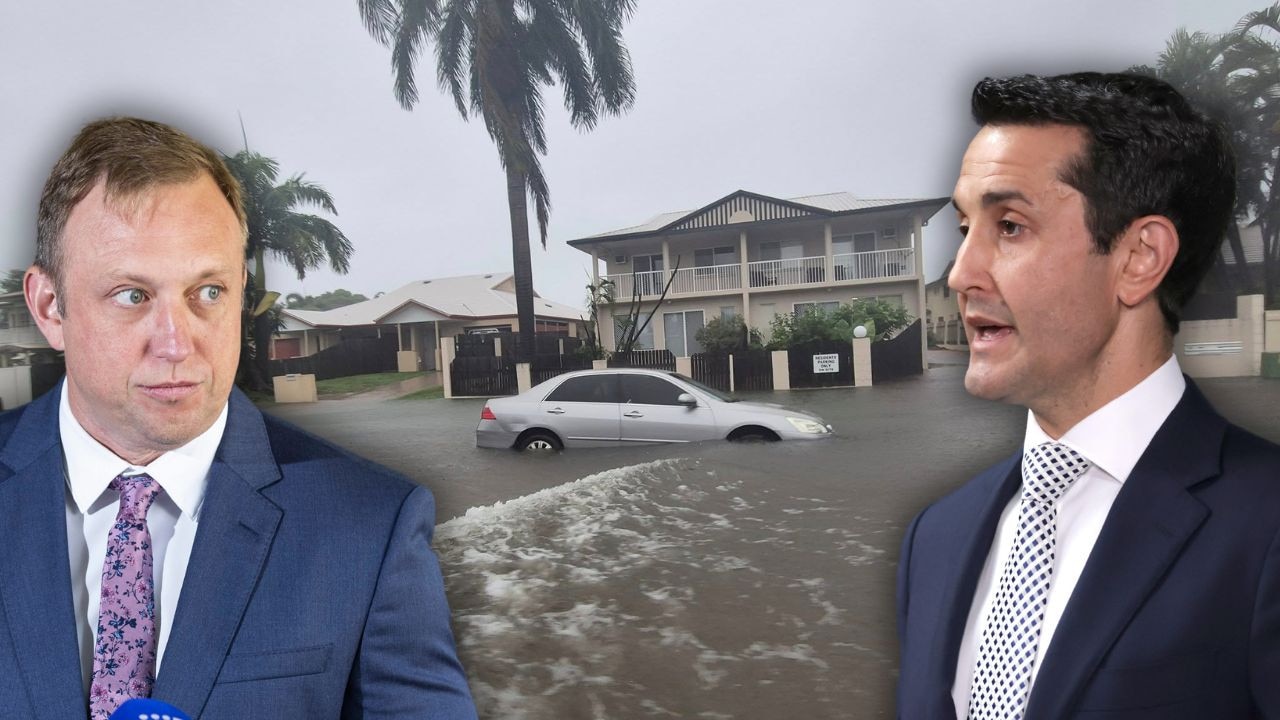Karmichael Hunt and the chink in a great footy player’s armour
HE’S got talent in spades and the footy all-rounder can outstrip, outkick and outrun the best of them, but police charges of cocaine possession could prove to be his undoing.
QLD News
Don't miss out on the headlines from QLD News. Followed categories will be added to My News.
KARMICHAEL Hunt stared at a roomful of prying TV cameras and told the world: “No, I don’t” when asked bluntly if he had a drug problem.
The phrase has stuck in the minds of many who watched the tortured events of early 2015, when he was embroiled in a cocaine drama.
The former Brisbane Broncos star turned Wallaby had just started to process a five-game ban from the Queensland Reds rugby union team, fines totalling $32,500, and the public shaming of an appearance at Southport Magistrates Court.
His words were part of a raw 20-minute grilling in which the hollow-eyed figure gave glimpses into his pain, told how contrite he was, and how much he had hurt his family.
There was even relief, he said, in actually being busted for buying cocaine because it meant a confronting meeting with a mirror.
Before his return to rugby just weeks later, Hunt’s visits to compulsory counselling seemed to have flicked a switch.
“In a weird way, it was kind of like a blessing in disguise. Everything that’s happened forced my hand to look at myself and make some harder decisions,” Hunt said.
Fast forward two years and the world of the rich three-code pioneer has collapsed around him again.
Hunt is heading back to court on Monday on two charges of alleged drug possession after being arrested in Brisbane’s Fortitude Valley party precinct in the early hours of December 30.
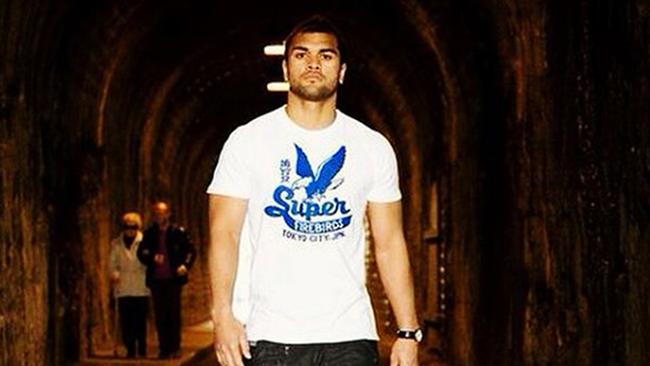
How has it come to this sad, career-threatening moment?
A freshly inked $1 million-plus deal for the 2018-19 seasons is at risk of being torn up if he is found guilty of the allegations, and the goodwill he had slowly rebuilt in rugby union is in tatters.
The football headliner who thrived on the rush of playing in front of more than 60,000 fans with the Wallabies in Europe last November is now forced to train alone in Brisbane while his family and legal team stand beside him.
This is not some callow rookie heading to court who has tripped up on his first night out as a professional footballer.
Hunt is 31 and has been a constant on Australia’s football landscape since 2004, when he made his first-grade debut as the youngest-ever Bronco at just 17.
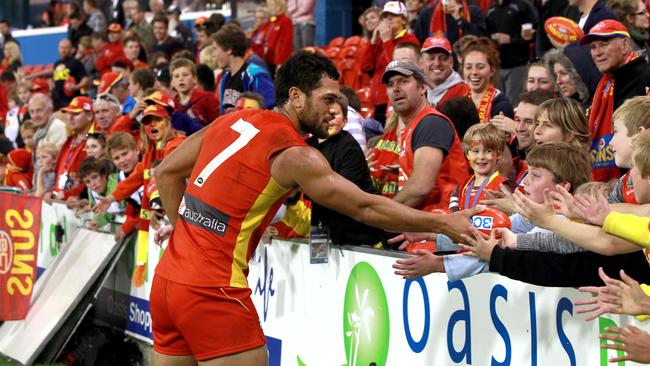
He has a decorated career. He played more than 100 games for the Broncos beside some of the greatest in rugby league – Darren Lockyer, Shane Webcke and Petero Civoniceva.
Just as he fearlessly ran into the bone-rattling defence of the best NRL teams, he has never shied away from a challenge because his remarkable on-field journey took him to the Gold Coast Suns in AFL for four seasons before his 2015 arrival at a third code, rugby union.
The devil in his life has been the off-season.
Strapped into the discipline of regular training sessions, matches and commitment to his teammates, he has always been a diligent worker during the season.
The 2015 episode stemmed from wild days of boozy excess after the 2014 AFL season with the Suns, which he called one of the most stressful times of his career in testimony to detectives, as his switch to rugby took shape.
He hid cocaine in his golf bag and would sometimes go for days without sleeping. He would only use the drug at the end of the season while drinking, he said.
He admitted to once contacting his drug dealer and organising to meet in plain sight outside a Gold Coast Domino’s pizza shop.
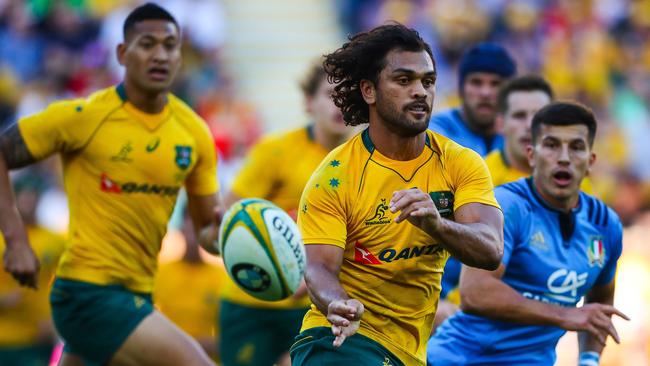
In the two years since that fraught court appearance, Hunt gave The Courier-Mail some insights into how rugby’s Mr Second Chance was winning with his “new take on life”.
When the Reds had their post-season drinks after their poor 2017 Super Rugby season, Hunt didn’t kick on.
“Sure, I had drinks with the boys, but I pulled up stumps, whereas in the past, I would have woken up and headed to the pub the next day,” Hunt said. “I do feel more evolved.”
Rather than a bender, Hunt packed the family car and went camping at Currumbin with wife Emma and his three kids.
He’d finished his sessions with a counsellor but said he continued to use meditation to heal himself and better understand the triggers within a personality that too often kept things bottled up.
“Meditation has been a big thing because I wasn’t good at understanding thoughts and emotions,” Hunt said last June as his long-awaited debut as a Wallaby fullback loomed.
Dan Crowley was a World Cup-winning Wallaby prop who worked as a policeman in Brisbane’s drug trade in the 1980s when this newspaper agreed not to run his image, as a player, to protect his cover.
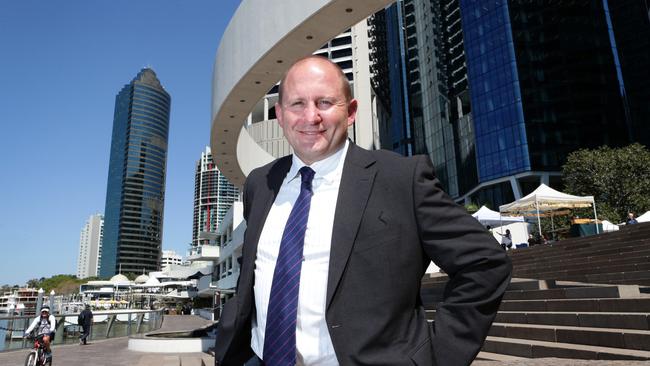
He was dismayed by the leniency shown to Hunt in 2015, when he slated Australia’s four football codes for not showing enough community leadership to fight the cocaine scourge.
His view hasn’t budged. “He got a five-game ban and a fine he didn’t care about ... he should have been doing 12 months of community service to realise what others put up with in life without his privileges,” he said.
“There has to be a significant consequence, and for anyone being caught a second time, you’d question whether that person should be in your sport.
“Rugby has a chance to set itself apart from the other footy codes and take a real stand by saying ‘drugs in our sport are illegal and not acceptable’. Enough is enough. The silent majority of fans and parents are just not being heard.”
The ramifications of the latest allegations are immense. It’s not just Hunt’s contract in Australia that’s at stake but the future he might have imagined in 2020 with a career-ending stint in Japan, where clubs don’t touch drug-tainted players.
The human toll is more significant. Hunt never wanted to be the potential plotline in his own musing last year, when he confided: “There are lots of stories around ex-footballers.”
jim.tucker@news.com.au
Additional reporting Chris Clarke
Originally published as Karmichael Hunt and the chink in a great footy player’s armour

